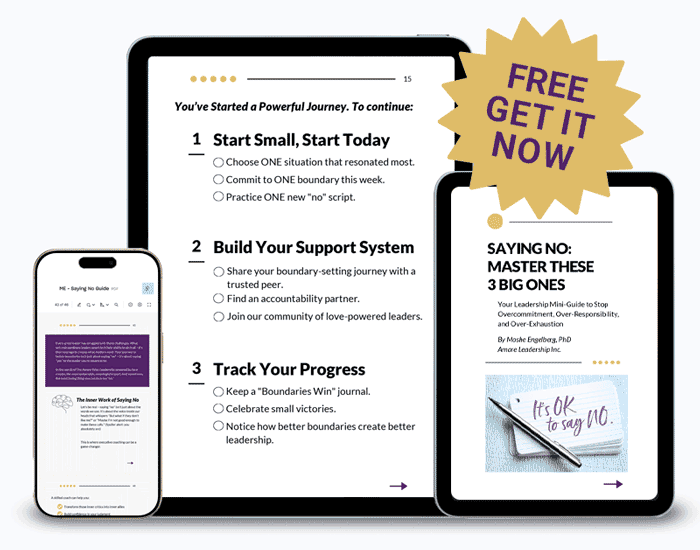
I wrote the The Amare Wave to reduce suffering in business and help leaders and companies be more intentional, authentic, loving, happy, and profitable. In the book, I emphasize the importance of alignment as a prelude to the Amare Way principles and practices. Alignment includes you being aligned with yourself and with your organization, and your organization being aligned in its values, words, and actions.
Alignment is where most organizations fall down. As Jim Collins puts it: “Building a visionary company requires one percent vision and 99 percent alignment.”
Note: This following is an excerpt from my new book The Amare Wave: Uplifting Business by Putting Love to Work, to be released Tuesday, November 12, 2019. You can pre-order it here and receive it this week.
Jim was a store manager at Einstein’s Bagels, a company he describes as not particularly warlike or love-centered, but a decent company somewhere in the middle. They cared about customers and genuinely wanted employees to take good care of them, but unfortunately, money often became more important, and that led some managers to make decisions that compromised doing right by both employees and customers. Jim, on the other hand, made his employees his top priority as a manager. He wanted them to be happy, to be authentic, to be aligned with the company mission, and to always have what they needed to succeed. The company offered various incentive programs, ran “rah-rah” campaigns to motivate the team, and set clear financial goals for each store and region, with bonuses tied to monthly financial performance. But Jim says that none of that really influenced what he did as a manager, not even the bonuses, because he believed if he took good care of his people, they would do their best to make customers happy, which would then bring in the money. He therefore figured that the money part would work out in the long run—which it did.
Jim’s team regarded customers as family—those who came in for coffee and bagels every day were their core family, and those who came in once or twice a week were their extended family. The team loved them all, and the customers knew it. In fact, when Jim was promoted to regional manager, their family of customers surprised him by organizing a going-away party, complete with a big cake and cards signed by all the regulars. Not only was it a beautiful and heartfelt celebration, but it acknowledged for Jim that his customers indeed felt seen and cared for, even loved. Jim’s story is an excellent example of what it means to operate in alignment, and is our segue into the Amare Way framework that is the focus of this part of the book. But before diving into the framework in detail (which I cover in the next two chapters), I lead with this chapter on alignment because it underlies and unifies everything that follows.
In the Amare Way, alignment provides a common ground for connection, commitment, and love between your company, employees, customers, investors, the community, and other stakeholders, based on shared goals and values. Without alignment, you suffer energy drains, confusion, and frustration, which hurt morale, productivity, and performance.
As a starting point, consider how aligned your company is on the following:
1. Consistency and integrity across:
• Your corporate vision, strategy, and execution
• Your purpose, values, and brand identity
• Your value proposition and the value you deliver
2. What you as a company believe, say, and do all match.
3. How your company behaves behind the scenes, when out front doing business, and in society at large. All the ways you show up are situationally appropriate, in sync, and in line with the promises you make.
So… where does your company stand? Please let me know which of the three items above resonated with you the most, and what you learned.
And if you feel alignment matters, or that business is better (sometimes much better!) when fueled with love, please share this article. More articles here. Thanks!

